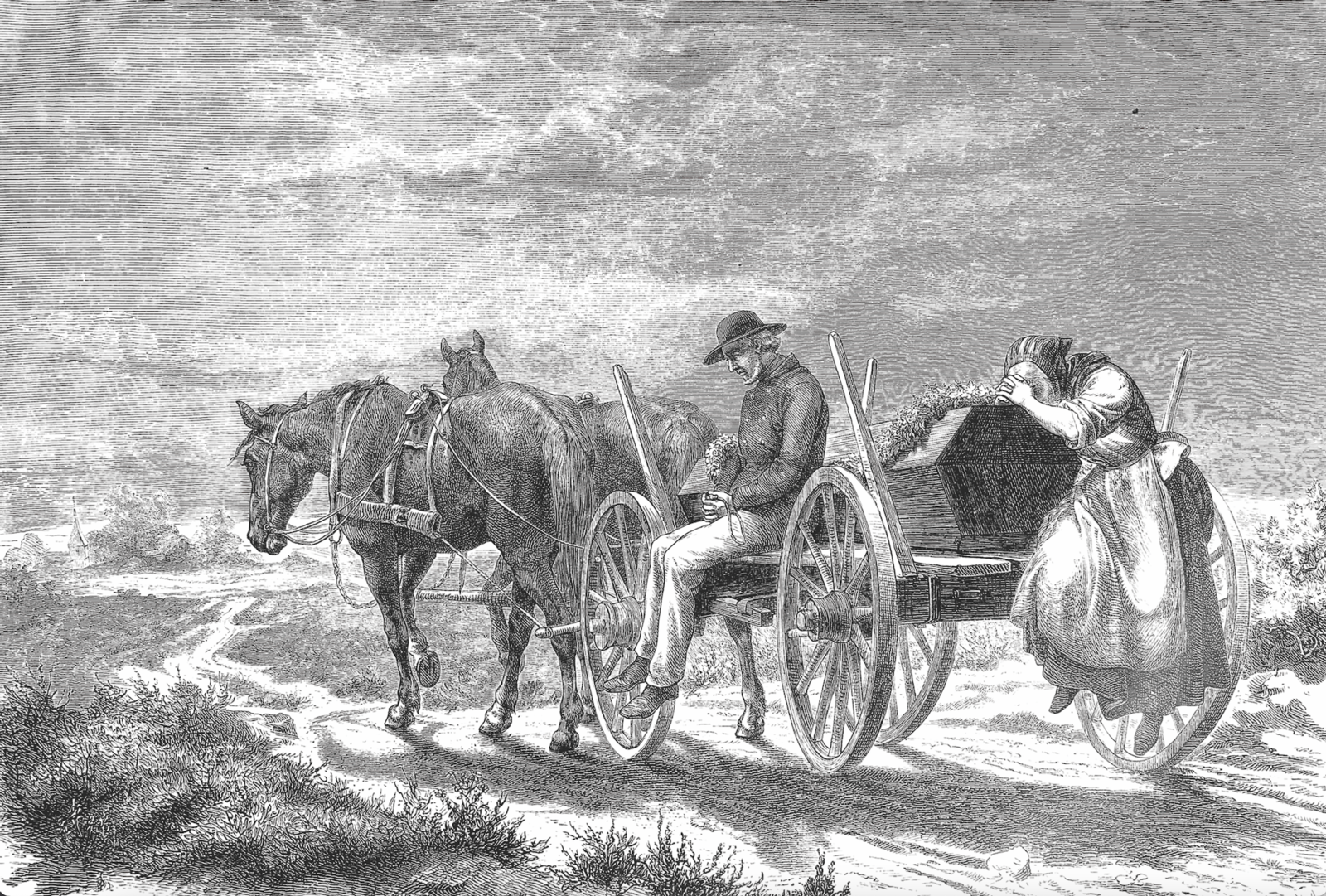GFB News Magazine
Dealing with grief: coping mechanisms
Posted on November 15, 2021 7:00 PM
By Jay Stone, Georgia Farm Bureau
As a result of the COVID-19 pandemic, since March 2020, people have lost family, friends, neighbors, coworkers, jobs, careers, homes and virtually anything else that can be lost.
The scores of deaths we've seen in the past two years come with spiritual challenges many Americans haven’t had to live through.
“Probably the Vietnam War, the loss of life there, is the greatest number of losses we’ve dealt with cumulatively in our lives,” said Dr. Bill Carpenter, a retired United Methodist minister. “But this past year, if we just consider loss as the loss of life, millions of people, which runs into the tens of millions of people who are grieving and experiencing loss. Unquestionably, everyone on the planet has been affected with different types of loss. Loss has been universal.”
Carpenter has provided pastoral counseling for thousands of people through service at the University of West Georgia Wesley Foundation, as vice president at Murphy-Harpst-Vashti United Methodist Children’s Centers and at multiple United Methodist churches.
Support network is crucial
The pandemic has been particularly cruel because one of the key ways to battle it – social distancing – involves limiting in-person interactions with other people.
“Primarily, what I’m concerned about is people not being isolated,” Carpenter said. “A lot of times people want to withdraw because of their overwhelming feelings of grief.”
Being a part of a religious community can facilitate the [recovery or healing] process, and for those who are not part of one, Carpenter recommends finding one. Additionally, many churches offer, often free of charge, grief support groups or Stephen Ministry programs that offer well-trained caregivers.
“People have family members, friends, neighbors, associates, that they will share their feelings with casually, but most of them are not equipped and it isn’t [always] their nature to listen,” Carpenter said. “A lot of people get uncomfortable with someone baring their soul outside the church. And yet a church community, a religious community, that’s one of its primary roles, to be there for people, to support people, to remind people that they are not alone, [and that] other people have made this journey. They can identify someone who is, for the first time or for an additional time, especially traumatic, see what they’re going through, and support that person.”
Sweet Hour of Prayer
Secular counselors frequently advise sufferers to find an outlet to express their feelings as a coping mechanism. Carpenter, as ministers do, recommended prayer as an antidote for the isolation the pandemic has imposed on most people.
“I’m very, very confident that nothing can be expressed that the Creator of the universe has not heard,” he said. “I encourage people to be as honest as they can possibly be in just crying out. Whatever feelings of frustration or anger they have, include that. I think that’s a very healthy way to be able to express the angst that’s going on with a significant loss.”
As a resource, Carpenter noted that the book of Psalms offers examples of people going through profound loss, offering hope for present-day grievers.
“Some of them are really angry expressions, and it helps someone identify ‘Well, if David or Solomon can offer feelings this intense, I feel like I can quote them and do it also,’ ” Carpenter said.
Grieving is personal
The first year after a significant loss can be the most challenging. The cycle of important dates – birthdays, anniversaries, memories of other special times shared, can be joy-filled, and they can be very sad.
The holidays can be particularly difficult to navigate that first year after a loss, especially from Thanksgiving to New Year’s Day, with a variety of special religious observances and holiday celebrations that traditionally bring loved ones together.
“I think it is healthy to acknowledge the loss and to be intentional in seeking comfort in a variety of ways," Carpenter said. “Grief is a universal human experience, but it is also deeply personal. We are unique souls and differ in the amount of time and the type of process we engage to journey through an important loss. Some people may seek to revisit rituals and settings from the past that were shared with the loved one and benefit from those memories and feelings. Others may find those experiences too painful. Watching other people celebrating a religious holiday may intensify the feelings of grief, and some would find comfort in exploring new settings and rituals.”
